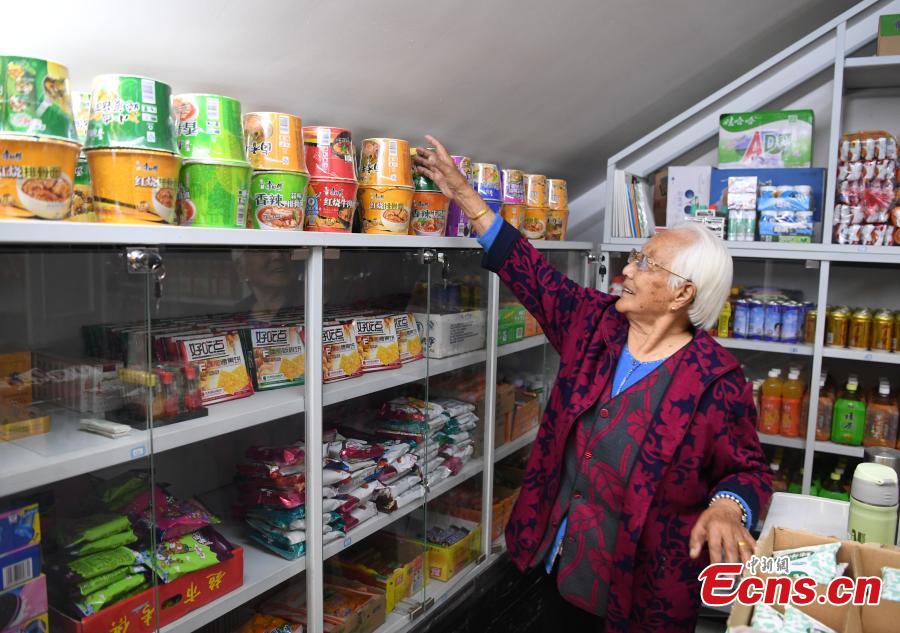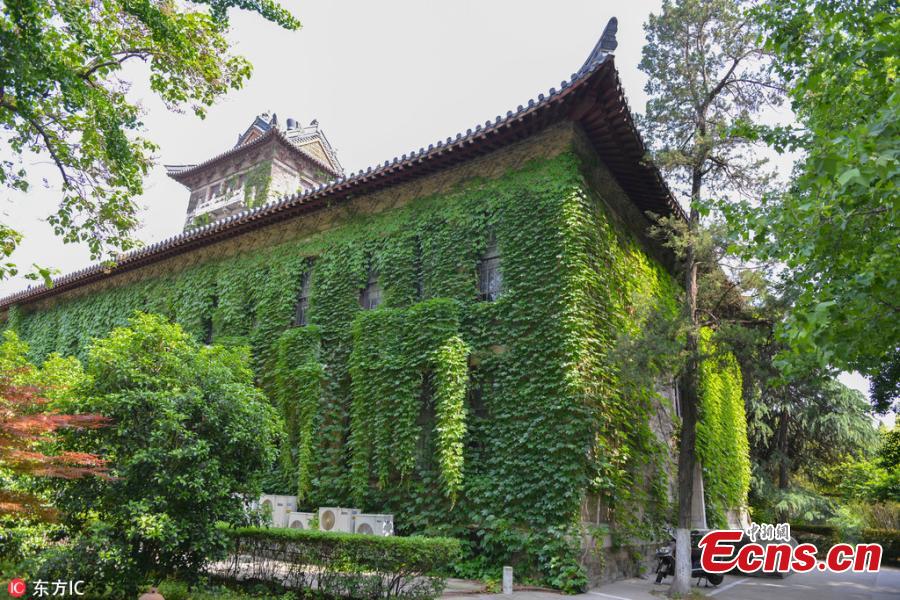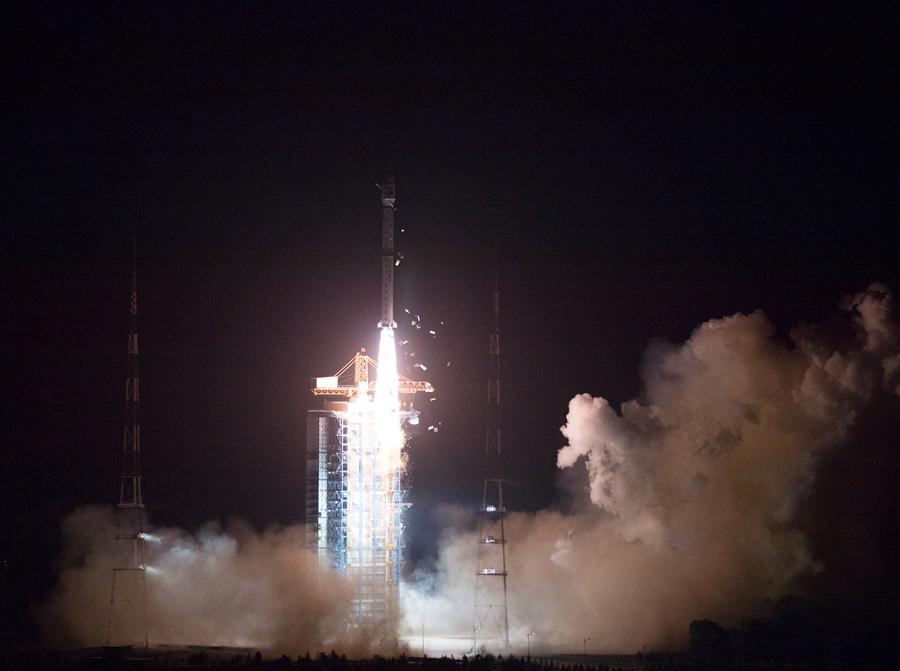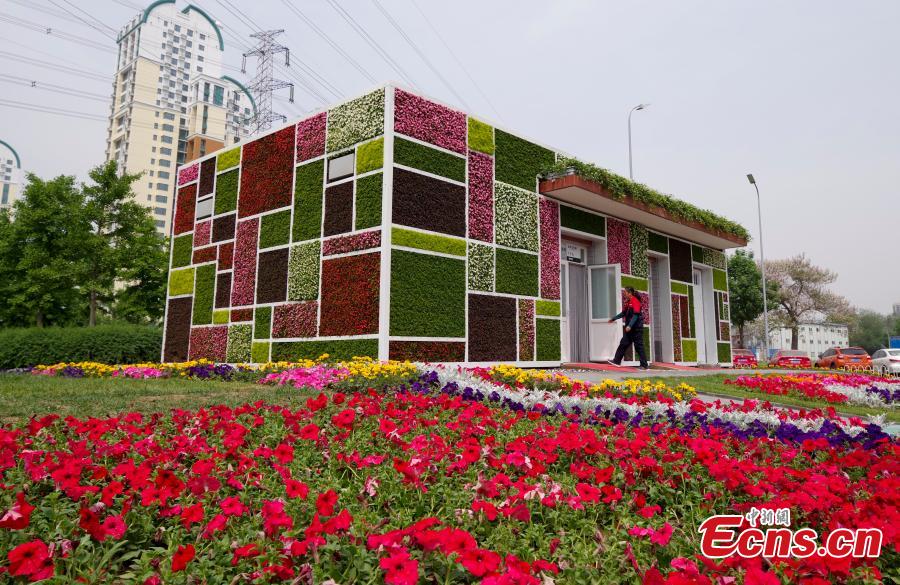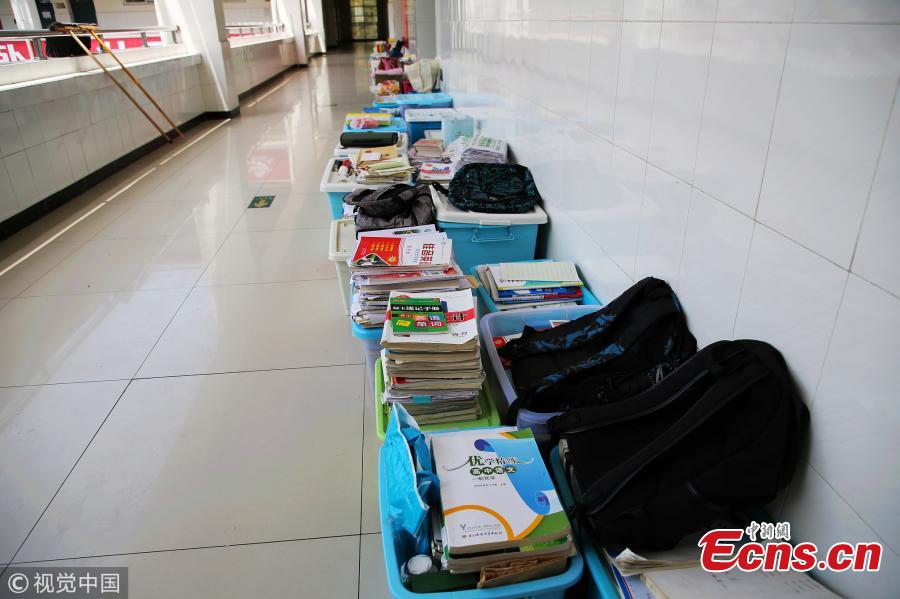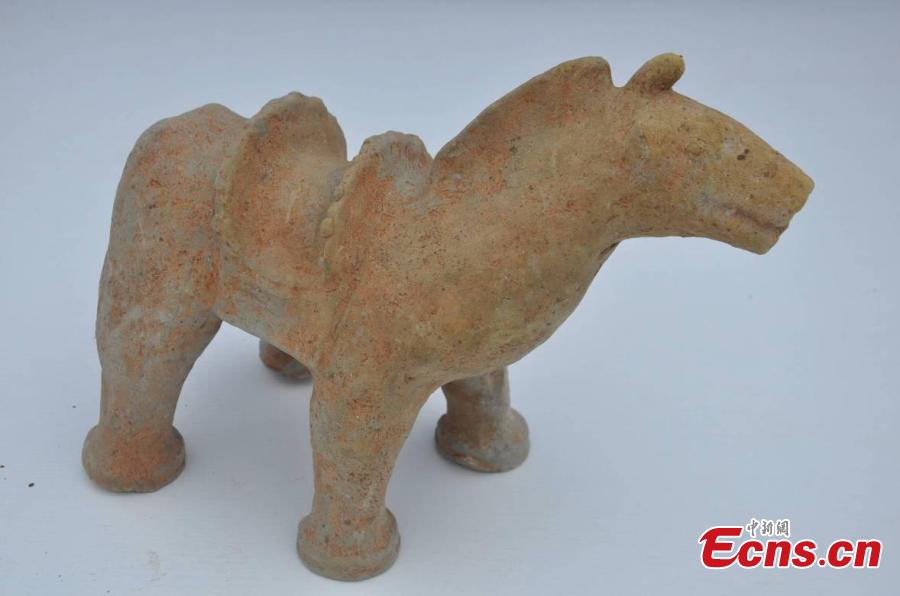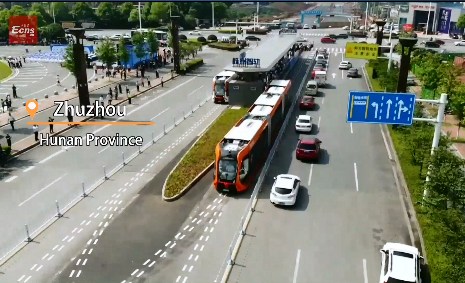
An advertisement for e-commerce retailer JD.com Inc in Shanghai. (Photo/China Daily)
As growth slows amid competition, company seeks new investment
The country's second-largest e-commerce player JD will continue to increase its investment in logistics, offline retail and research and development, amid stiff competition with its archrival Alibaba Group Holding Ltd.
JD's net income reached 100.1 billion yuan ($16 billion) in the first quarter of 2018, an increase of 33.1 percent year-on-year, the slowest growth in the company's history, according to its quarterly earnings released on Tuesday night.
Its net profit was 1.5 billion yuan, compared with 298.8 million yuan for the same period last year. Though it has achieved profit for eight consecutive quarters, it was still lower than analysts' expectations.
Moreover, the investment in R&D continued to increase to 2.4 billion yuan, a rise of 87.2 percent from a year earlier. The company's shares were down 4.6 percent to close at $36.94 on the Nasdaq stock market on Wednesday.
The e-commerce giant plans to establish a logistics real estate fund this year to boost more logistics and warehouse construction, said Liu Qiangdong, founder and CEO of the company in a conference call.
Liu added for JD Logistics, the logistics arm of JD, the orders from third-party seller platforms will surpass JD's self-owned orders in the next five years.
As of March 31, JD operated 515 warehouses covering an aggregate gross floor area of 10.9 million square meters in China. It has invested heavily in advanced automation technologies, including robotics, drones and unmanned sorting centers to increase efficiency.
Apart from its investment in logistics, Liu said the company will open 20 to 25 7Fresh-JD's fresh food stores-in Beijing this year, with an aim to open more than 500 stores within five year, eyeing the opportunities emerging from the fresh food retail sector.
"JD has to seek new business growth points as it is approaching a bottleneck. Although the company is exerting more effort in the clothing, luxury goods and fashion industry, the result is not satisfactory," said Lu Zhenwang, CEO of Wanqing Consultancy in Shanghai.
Lu added JD hopes to make money by offering delivery services to more third-party clients, but its logistics infrastructure in rural areas is insufficient.
"The spending on establishing intelligent delivery network and developing advanced automation technologies is very high."
JD and Alibaba are competing aggressively on offline retail, unmanned stores, luxury services and retail in Southeast Asia.
JD's annual active customer accounts increased by 27.6 percent to 301.8 million in the 12 months ended March 31.
It expects net revenues for the second quarter to be between 120 billion yuan and 124 billion yuan, representing a growth rate of 29 percent to 33 percent compared with the second quarter of 2017.

















